In an effort to bring traditional culture closer to the younger generation, many schools have recently proactively invited artists, artisans, and cultural researchers to teach and exchange within the framework of specialized lessons.
Immersive experience
This shows thateducational thinking has become more flexible and open, placing experience and practical connections at the heart of the learning process. However, along with that positive signal comes a series of issues that need to be taken seriously: Who is qualified to teach and exchange culture? What criteria are used to evaluate the quality of shared content?
School Stage Program performed by Lac Long Quan Stage Club
Having had the opportunity to attend many extracurricular activities at some secondary and high schools in Ho Chi Minh City, we often saw students attentively listening to Cai Luong and Hat Boi artists talk about their classic roles, or to Don Ca Tai Tu artists performing in the middle of the school yard. Such activities always make students excited, not only because of the novelty but also because they feel the true vitality of culture, present in form, sound, and vivid emotions.
Meritorious Artist Vo Minh Lam, who has had many conversations about Cai Luong with students, was moved: "Many young people said they had never seen Cai Luong before. But just one excerpt, one vọng cổ verse sung at the right time, and they would silently listen with rapt attention."
Can't just inspire
However, that very attraction also poses a problem: When the person teaching or communicating is an individual whose professional knowledge is not fully verified or has never been recognized in the profession, every word they say - even if it is just a subjective opinion - is easily assumed to be true. For students who lack a foundation in critical thinking, the lessons they receive can turn into strong beliefs, even if those beliefs are not correct.
In fact, controversial cases have occurred. A speaker once shared incorrect information about the historical figure Queen Mother Duong Van Nga during an exchange with students. Another time, a fictional historical excerpt was performed, claiming that King Dinh Tien Hoang died of alcohol poisoning... The big question is: There needs to be standards in the way artists and experts teach and interact, so who will evaluate the content of the presentation or historical excerpt?
Associate Professor Dr. Tran Yen Chi, lecturer at the University of Theatre and Cinema in Ho Chi Minh City, commented: "It is undeniable that the attraction of exchanges with famous artists. However, when they move to a teaching position, all sharing needs to be placed in a clear verification framework. Inspiration is not enough, transmitting the right information is important."
The role of schools and media
According to insiders, the responsibility does not only lie with the person invited to teach and exchange, but also with the school - the organizer and the media units.
When educational institutions invite speakers and artists, they need to coordinate with specialized agencies and organizations such as the Department of Culture - Sports , theaters, professional associations... to evaluate the content. Associate Professor, Dr. Phan Bich Ha said: "The Ho Chi Minh City Theater Association is responsible for introducing qualified theater artists to teach and exchange."
The press and media also need to be more alert and responsible in introducing speakers and artists. The titles "expert", "critic", "researcher", "culturalist" cannot be arbitrarily used after a few conversations and exchanges; after a few clips on the topic go viral on social networks, attracting many followers...
"Over the years, Tran Huu Trang Theater has organized many School Theater programs. We are always ready to coordinate and introduce suitable artists and artisans when schools need them. However, many places organize themselves or invite based on their feelings. There needs to be a formal connection mechanism to avoid inviting the wrong people, causing consequences for students' awareness" - Meritorious Artist Phan Quoc Kiet, Director of Tran Huu Trang Theater, emphasized.
Inviting artists and researchers to teach and exchange at schools is a right direction. But for this direction to truly bring sustainable value, we need to be careful and transparent in every choice. Culture cannot be conveyed by improvisation or inspiration alone.
Dr. Le Hong Phuoc (University of Social Sciences and Humanities, VNU-HCM) is worried: "If we convey it incorrectly, we will cause great consequences in terms of cultural and artistic education for the young generation."
According to People's Artist Nguyen Thi Thanh Thuy, Deputy Director of the Department of Culture and Sports of Ho Chi Minh City, the Department of Culture and Sports and the Department of Education and Training need to have a unified standard for teaching materials, school theater programs, and extracurricular seminars on culture and arts.
"Artists, researchers, and experts invited to schools must have specific products that are highly appreciated by experts. Research works, classic roles, and highly appreciated articles are important "professional records" to determine whether an artist is qualified to teach and exchange," Ms. Thuy emphasized.
Source: https://nld.com.vn/giang-day-giao-luu-van-hoa-khong-the-hoi-hot-19625062620503052.htm


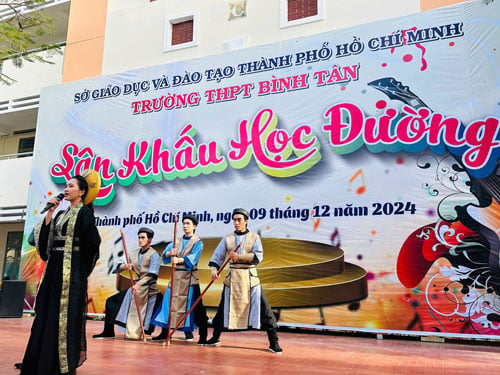






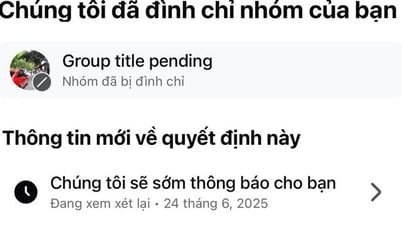

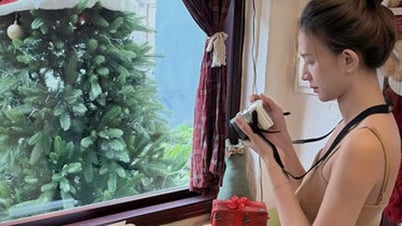
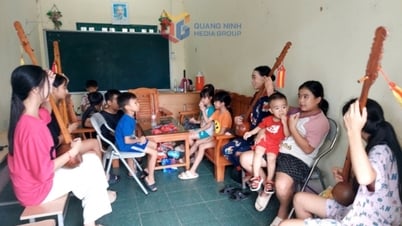

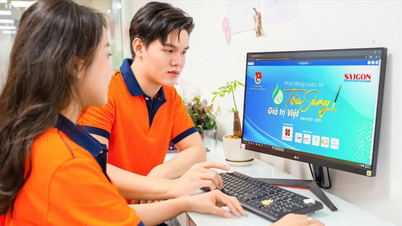

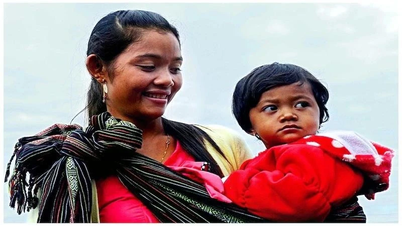

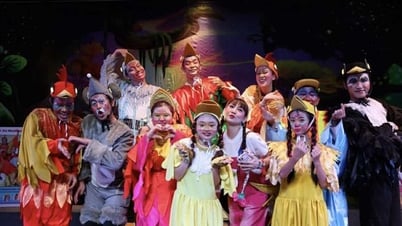


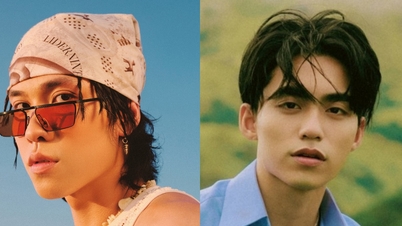

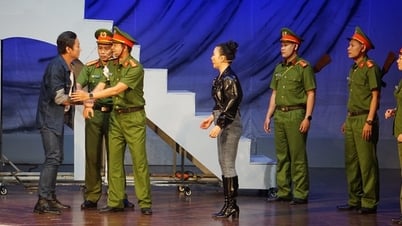






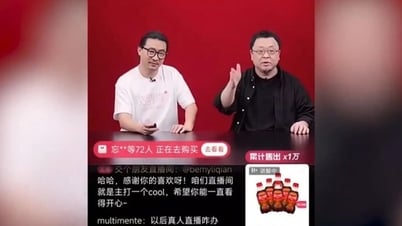
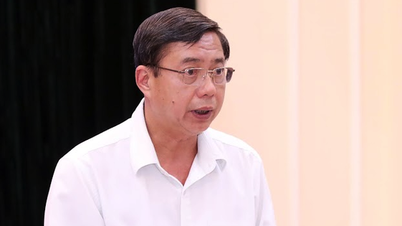


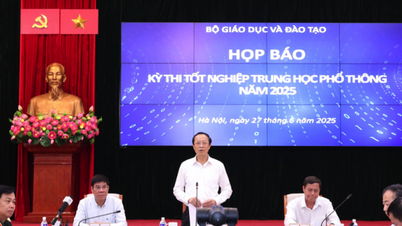
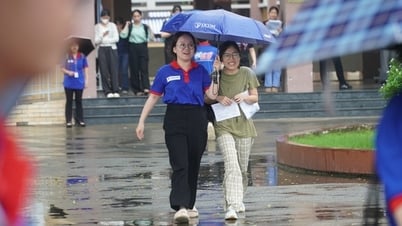
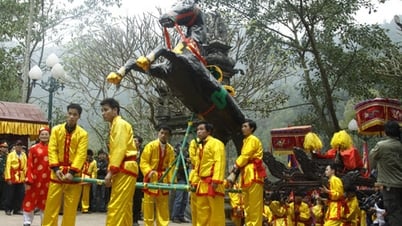

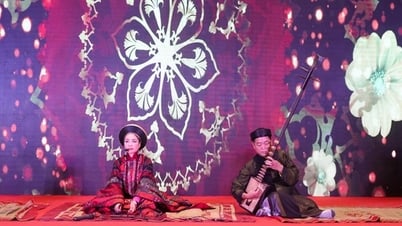
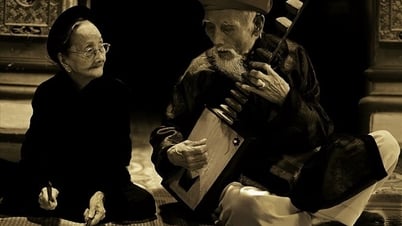

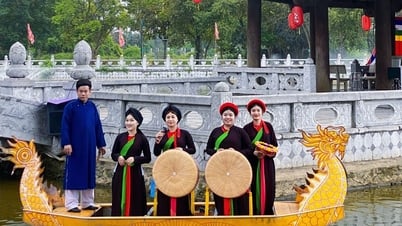

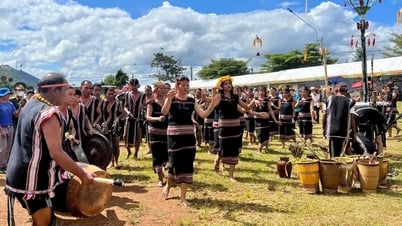







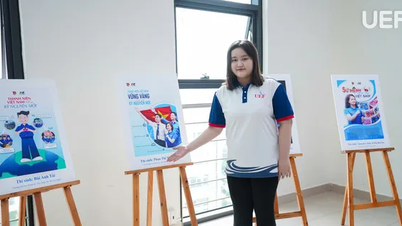

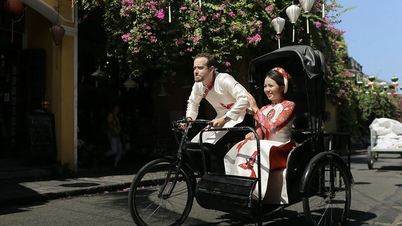
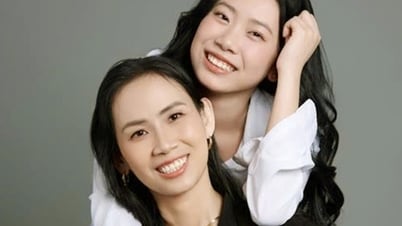
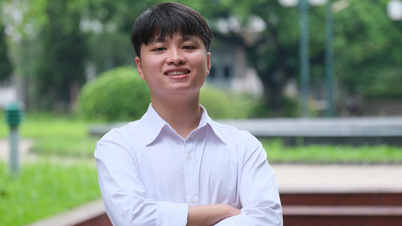











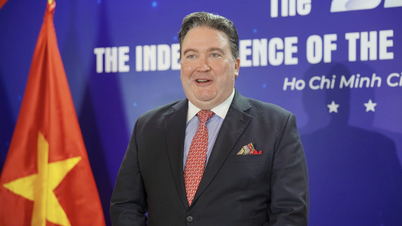

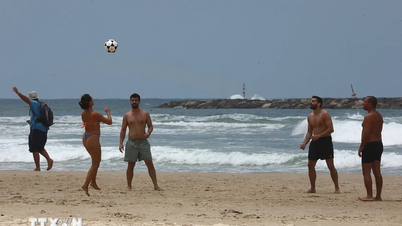


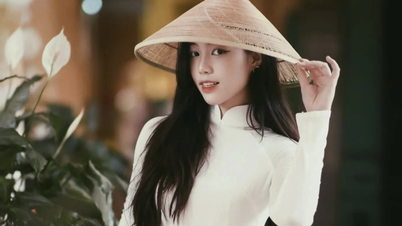
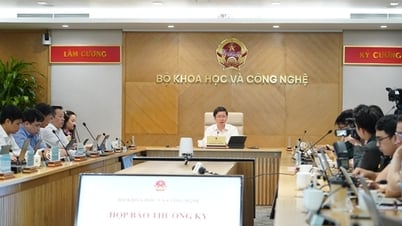

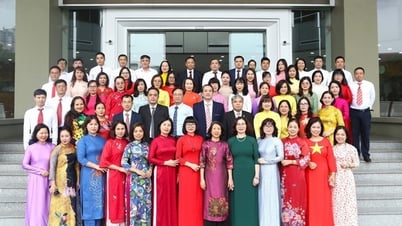
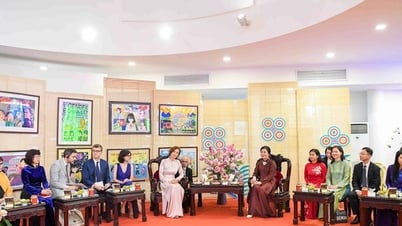

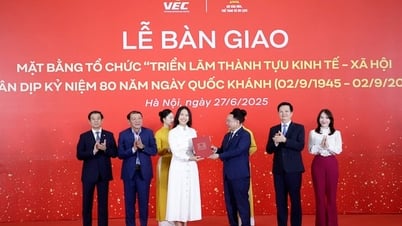







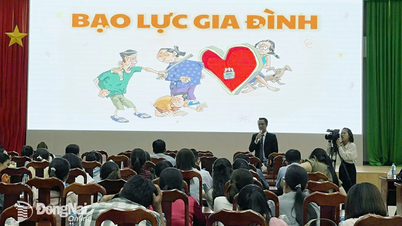
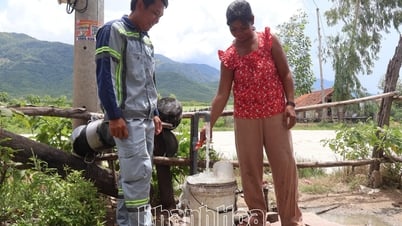



















Comment (0)